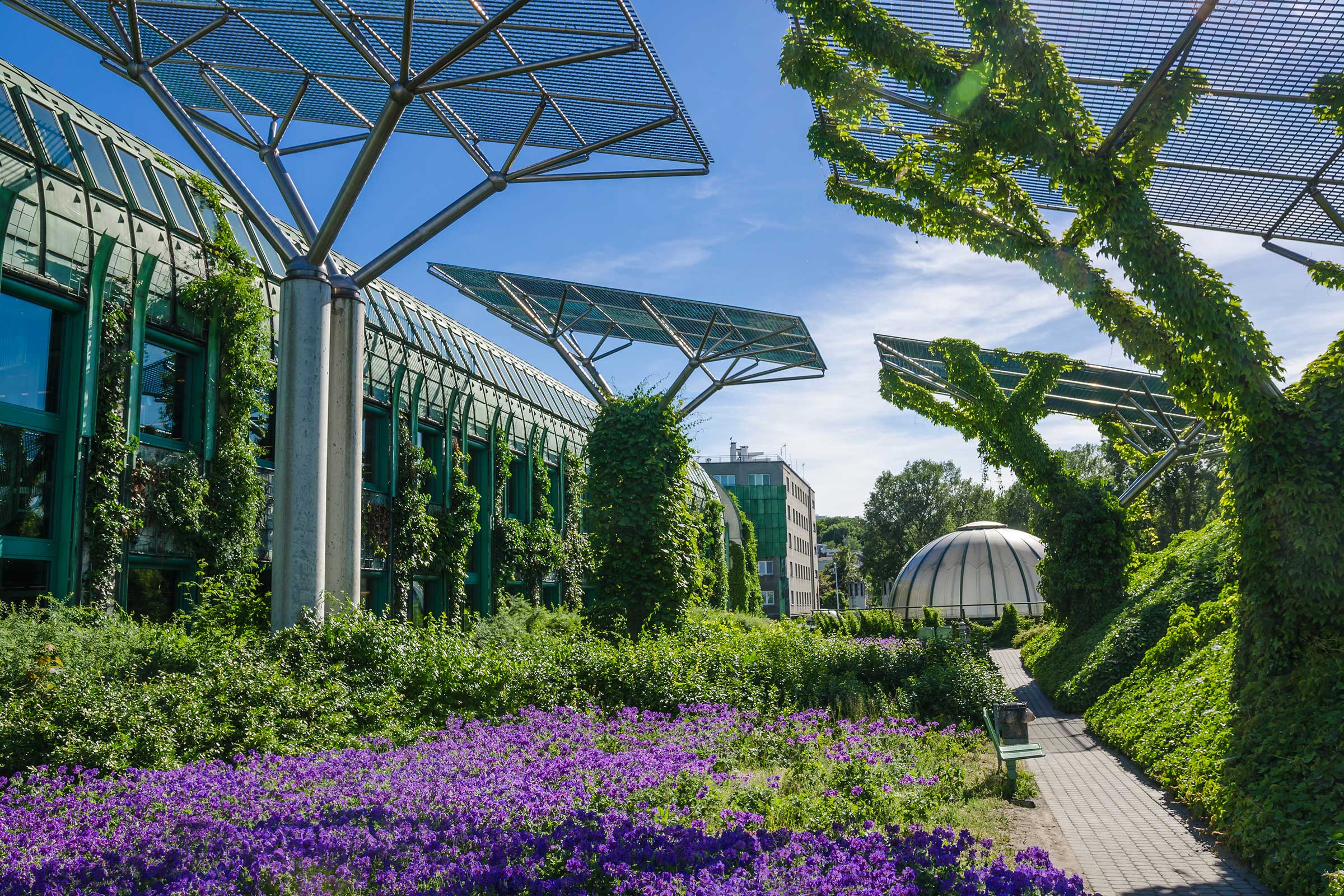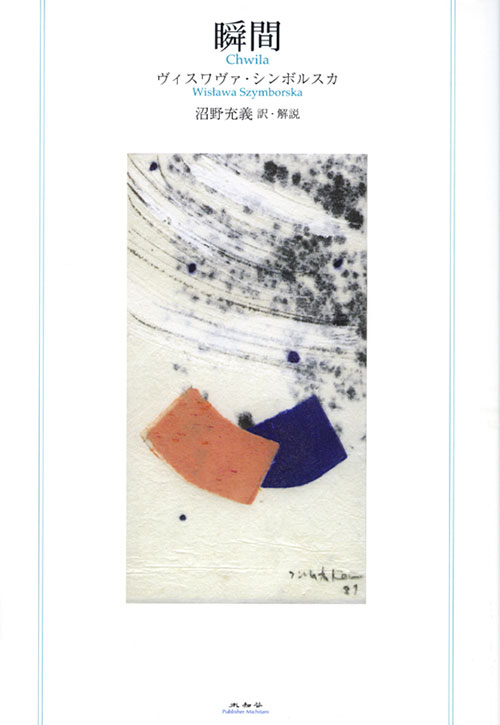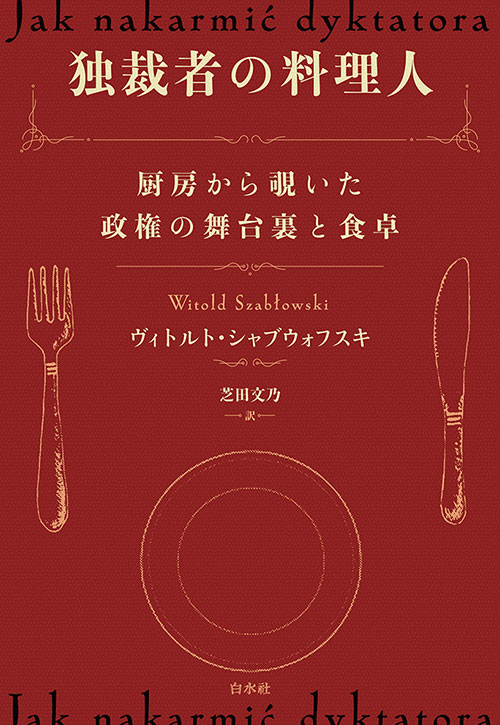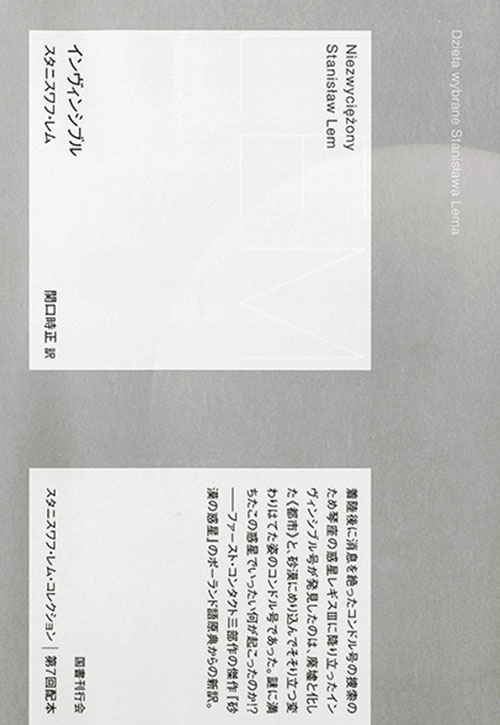
The University of Warsaw library garden (thebotanical garden is on the roof of the library), Warsaw, Poland, exterior
Polish poet Krystyna Dąbrowska is the EU fellow in this year’s Kyoto Writer’s Residency; Yasuhiro Yotsumoto is a Japanese poet, who has been living in Europe for long years and who has developed a broad and vivid creative network with poets from all over the world.
In the European Literature Festival 2024, they will appear together in an event, in which they will read from their poetry and talk the potential of poetry in our current times.
Prior to the event, they shared their views about the “Haiku Spirit” and their approaches to writing poetry today.
The Big Book Festival is an international celebration of books and arts. The festival takes place in Warsaw in June with international and Polish guests. The Big Book Festival takes great efforts to create unique and innovative events, using multimedia, scenography, and urban spaces. Literature is put on stage and adapted for performances and spectacles to build excitement for both authors and readers.
The Found in Translation Gdańsk Literary Meetings are a unique literary festival dedicated to the art of translation. Eminent writers, translators, and literary critics from Poland and abroad are invited in April to talk about literature and translation. The meetings offer a possibility of looking at literature from a different angle. The meetings have been taking place every two years since 2013.
The Conrad Festival is an annual literary festival held in June in Kraków since 2009. It is organized by the Tygodnik Powszechny Foundation and the Kraków Festival Office. The festival hosts artists from around the world, representatives of various cultures and worldviews, who create not only literature, but also film, theatre, music and the visual arts.
The Kraków Festival Office is a leading Polish institution which organizes the most important cultural events in Poland and in Europe. Over several days of July, the festival celebrates poetry through meetings with authors, presentations of debut works, concerts, as well as poetry readings and commentaries. Named after the poet Czesław Miłosz, the festival aims to explore and promote the possibilities and the history of poetry.
The Sopot by the Book Festival is organized by the City of Sopot and the Municipal Public Library in Sopot. Each year in August, the organizers select one country and make its literature the main theme of the festival. The festival presents literature in a variety of forms including readings, film screenings, and workshops. Alongside meetings with authors, there are debates on women’s rights, the Anthropocene, national identities, or the spiritual condition of humankind.
The Transatlantyk is an annual award granted by the Book Institute to an eminent ambassador of Polish literature abroad. The winner may be a translator, a publisher, a critic, or an animator of cultural life. The award was presented for the first time in 2005, during the Conference of Polish Literature Translators at the Juliusz Słowacki Theatre. In addition to 10,000 EUR the laureate receives a commemorative certificate and a statuette designed by Łukasz Kieferling.
Paszport Polityki (Polityka’s Passport) is an annual Polish cultural award presented by the weekly magazine Polityka since 1993. It is awarded in six major categories: literature, film, theatre, classical music, popular music, visual arts. The award is a distinction for creators who make the fastest progress, surprise with new achievements, and whose activities deserve support and promotion in the world.
The Nike Literary Award is an annual Polish literary prize honoring the best literary work published by a Polish author in the previous year. Established in 1997 and founded by the Gazeta Wyborcza, it is open for all literary genres, including non-fiction essays and autobiographies. The award is endowed with 100,000 PLN. In addition, the winner receives a statuette of the Greek goddess Nike, designed by the prominent Polish sculptor Kazimierz Gustaw Zemła.
The Kościelski Award is the oldest independent Polish literary award. It is awarded by the Kościelski Foundation, operating since 1959 in Geneva. Every year, the jury, consisting of outstanding literary lovers and critics residing in Poland and abroad, awards one or more prizes to promising writers under 40 years of age. The distinction awarded by the Foundation is the highest permanent Polish literary award outside the country, considered to be a reliable measure of writing achievements.
The Wisława Szymborska Award is an international prize given in two categories: annually for the best book of poetry published originally in the Polish language in the year preceding the award, and every other year for a volume of poetry translated into Polish. The Award comprises a statuette and a cash prize in an amount specified by the Board of the Foundation.
The Wisława Szymborska Award, organized by the Wisława Szymborska Foundation, is not only given to a work of poetry in the Polish language but also to a volume of poetry translated into Polish. Candidates for the award may be proposed by publishing houses, cultural institutions, literary journals and websites, members of the Award Committee, and other parties.
The Tadeusz Boy-Żeleński Translation Award is given every two years to translators of foreign literature into Polish. Founded in 2013 by the Mayor of Gdańsk Paweł Adamowicz, it was first presented in 2015. In 2017, it was divided into two categories honoring a lifetime translation achievement and the translation of a specific work. In addition to a statuette, winners will receive 50,000 PLN or 30,000 PLN.
Kraków UNESCO City of Literature has been a partner of the Literature category of the Polityka Passport since 2017. Each year, Kraków offers the laureate a month-long residency in the city, and provides conditions for comfortable and peaceful work. It is also an opportunity to meet the Kraków audience and to take part in meetings, readings in bookstores, as well as literary festivals, including the Conrad Festival.
The Kraków-Vilnius residency is hosted by the Kraków UNESCO City of Literature. The residency is dedicated to writers and translators from Vilnius UNESCO City of Literature. The Krakow Festival Office offers residents the opportunity to participate in the literary life of the city and helps to develop opportunities for them to promote their works in Poland.
Since 2006, the Kolegium Tłumaczy (College of Translators) hosts residencies for groups of translators of Polish literature in Kraków. Since 2019, a similar program has been running in Warsaw, providing a quiet environment for translation work, library research, and meetings with authors and experts.
The International Cities of Refuge Network (ICORN) was founded in 2005 in Norway, offering asylum to writers and defenders of human rights. The network includes about 70 cities, including the four Polish cities Kraków, Wrocław, Gdańsk and Katowice. Krakow was the first city in Central and Eastern Europe to join ICORN and provides ICORN writers with a safe place for continued creative and literary activity at Villa Decius. The villa has for many years been an important place of residence and reflection on human rights and freedom of speech for writers.
The Conrad Award, awarded for the best debut of the past year, is part of a municipal program to support Krakow’s UNESCO City of Literature debuts. It is a joint project of the City of Krakow, the Krakow Festival Office, the Book Institute, and the Tygodnik Powszechny Foundation. In addition to a statuette and a cash prize, the winner receives a month-long residency in Krakow in a guest room at the Book Institute.


